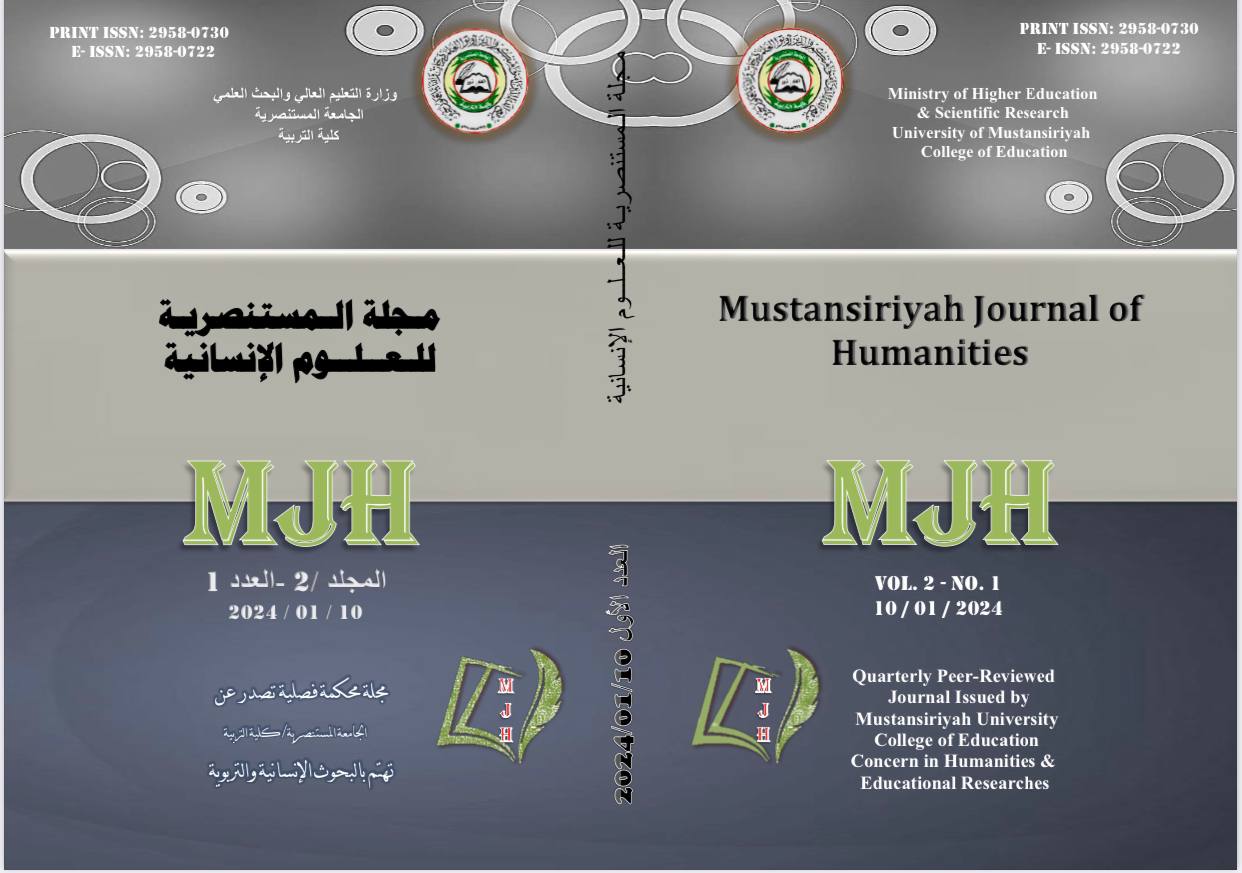The effect of the playing guidance method on developing the acquired optimism among students practicing school sports in the secondary stage.
DOI:
https://doi.org/10.47831/mjh.v2i1.295Keywords:
play-based guidance, acquired optimism, secondary stage, guidance programAbstract
The current research aims to determine the impact of play-based guidance on the development of acquired optimism among high school students participating in school sports activities. Three hypotheses were formulated. the researcher chose the experimental approach for the current study and developed a tool to measure acquired optimism based on Seligman's theory, consisting of four areas with 24 items. the research population is identified as high school students in Diyala Governorate in the city of Baqubah, with a sample size of 300 students. Twenty students were assigned to the experimental and control groups of the guidance program. After applying the scale, 10 guidance sessions were conducted with various topics and the application of play-based guidance techniques and activities. The research results indicated no differences in the pre- and post-test scores of the control group based on the first hypothesis regarding the acquired optimism scale. However, the second hypothesis indicatey differences in the pre- and post-test scores of the experimental group on the acquired optimism scale. Similarly, the results according to the third hypothesis show differences in the post-test scores between the experimental and control groups. These results suggest the success of the guidance program and the impact of play-based guidance on the development of acquired optimism among high school students. In light of these findings, the researcher proposed a number of recommendations and suggestions.





